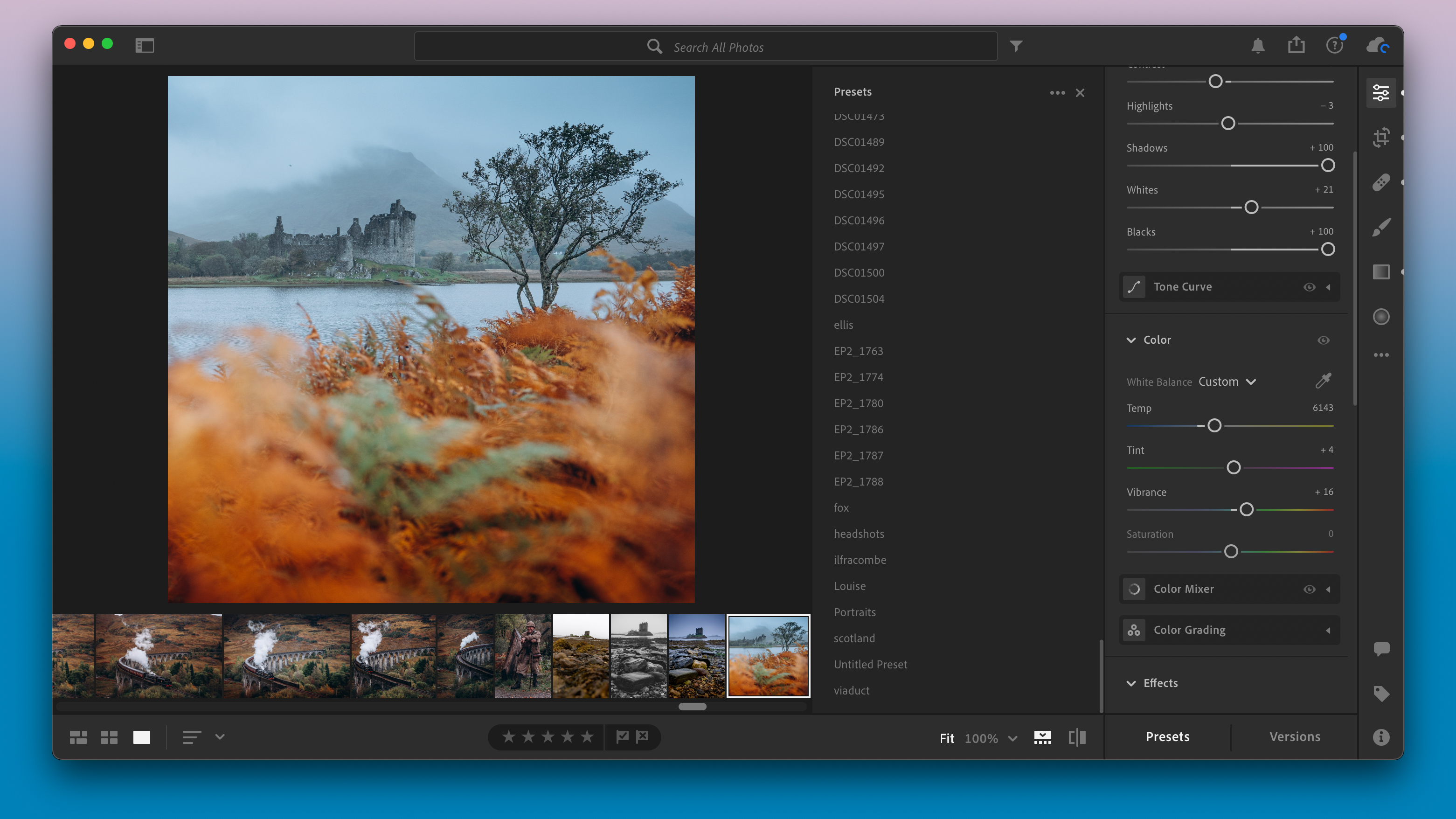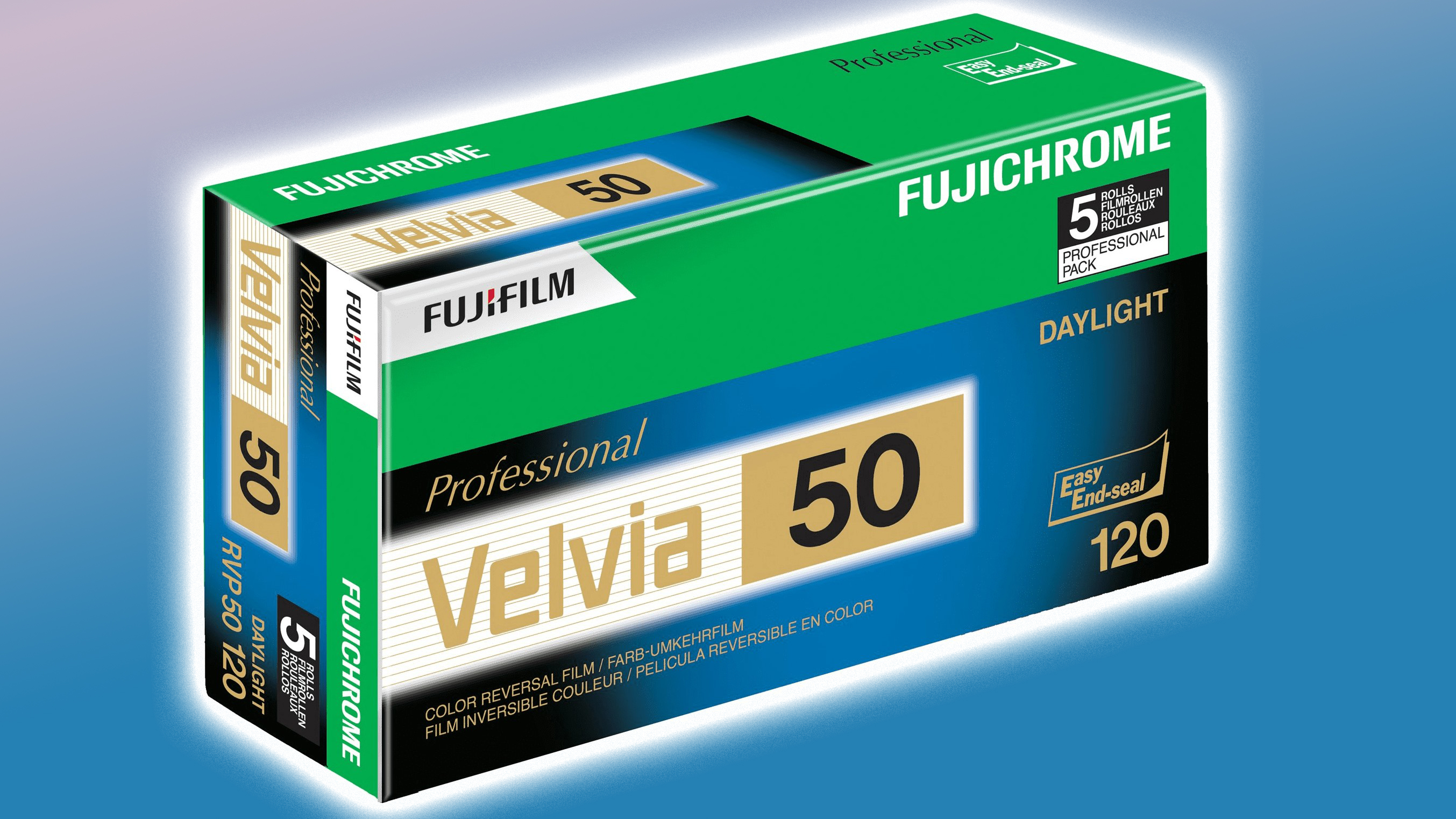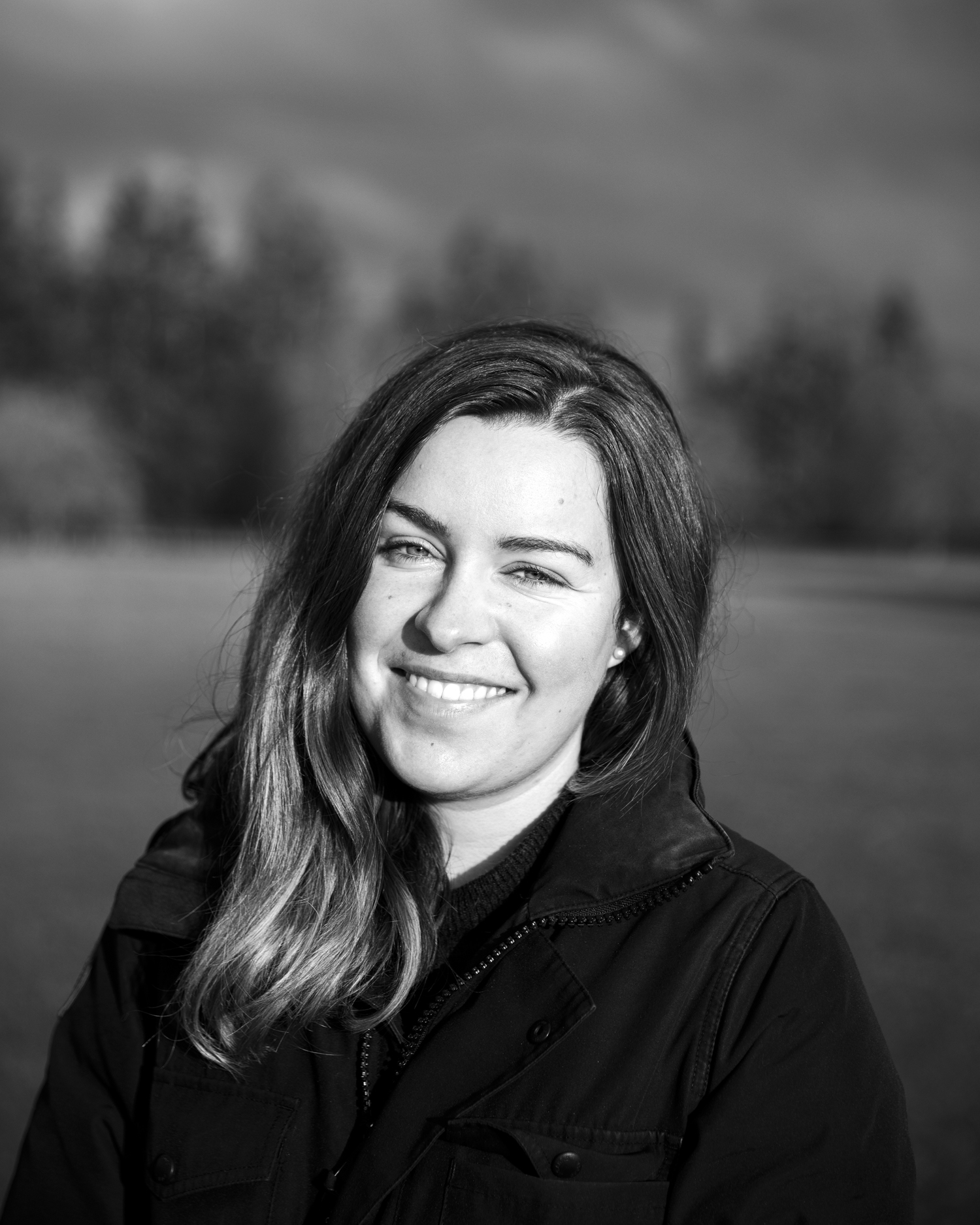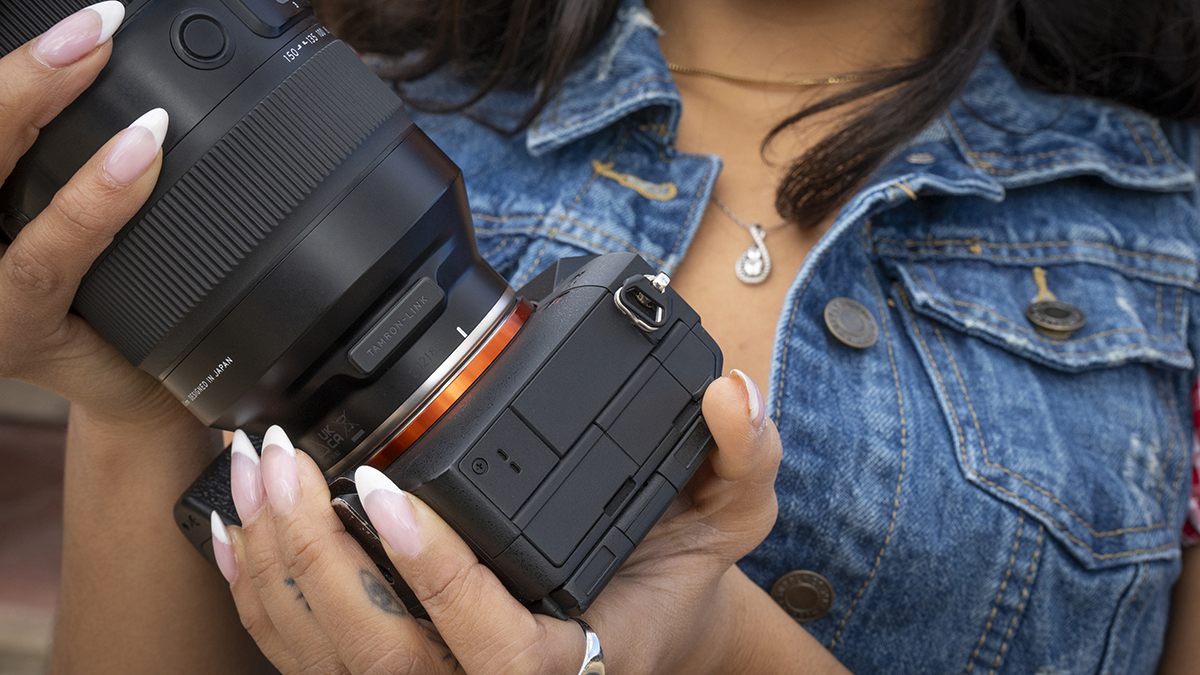Lightroom presets might make editing easier but they don't make you a better photographer
With so many free presets available to us at the press of a button, have we forgotten how to edit our work organically? Yes, and no...

The best camera deals, reviews, product advice, and unmissable photography news, direct to your inbox!
You are now subscribed
Your newsletter sign-up was successful
It's true that while I didn't grow up in the true film era – when digital wasn't an option – I did spend a lot of time, money and effort shooting and crucially developing film when I was studying photography at university.
One of the biggest advantages of trying film photography is that it offered me a way to learn – sometimes the hard way – things that I can now apply to digital imaging. A key lesson was how to expose manually (check out our manual exposure mode cheat sheet for a refresher), but another was how all the different types of film would give me different effects when they were developed.
This isn't a pretentious brag, it's just that I mean it when I say I understand how to use the best film cameras and choose the best film to create different looks in an image, something that's largely been replaced by photo editing software in the modern era.
Nowadays, anyone new to photography will likely apply a filter to their photos on Instagram, or if they're taking things more seriously and have invested in software, applying presets in Adobe Lightroom CC. We've even written a guide to the best free Lightroom Presets, which may have been a bit daft, given that there are literally millions out there, and you can make your own in a matter of minutes.
Presets are essentially filters that you can import and customize – photo editing adjustments that can be applied with one click. Originally, I believe they were made to help professional photographers save some time, as they could keep their most common edits and apply these to a batch, resulting in a whole shoot that looked consistent.
Now, I can't help think that presets and ready-made filters are making some of us a bit lazy when it comes to editing. "Edit photos faster with Lightroom presets," says Adobe, promising a quicker fix when it comes to everything we do in the digital space. Is quicker – and if you're using someone else's presets, similar – better?
Is choosing a Lightroom Preset like choosing film?

In the film era, you decided to shoot with a certain film type – I can only think of Fujifim Provia and Velvia off the top of my hear – because you liked the tones that it gave when it was developed.
The best camera deals, reviews, product advice, and unmissable photography news, direct to your inbox!
There were lots more film options than there are now, but there weren't thousands of options. With this in mind, perhaps you could argue that Lightroom Presets and the tools that we have to edit images today have actually made photography more diverse and interesting as a result?
To my eye, presets are like all things creative: certain looks get trendy, certain presets end up being used more often, and therefore the photo pool online gets more homogeneous. It's a similar story with following fashion trends. You wear what everyone else is wearing at the moment, fit in, and look "cool", but you don't necessarily figure out whether you like pink clothes, baggy clothes, all-black outfits – a style that is uniquely yours.
I still think playing around with Lightroom presets is fun, but if you become too reliant on them, I don't think that you'll find a photography style, look, visual approach that is yours either.
Are Lightroom presets worth buying?
If you follow even a smattering of photographers/influencers/content creators) online, it's likely that you'll have seen a few selling their own preset packs. But are these actually worth buying – creatively, ethically, financially?
Good reasons to buy presets
Let's be real, preset packs from content creators don't tend to cost more than around $25, so if you're a real beginner and want to get to grips with how presets work, I'd say no harm done. You get to apply a look that you like to your images, and learn how the process works in the software. Lightroom can be a daunting to a beginner, and getting used to what everything does is a good thing.
Applying Lightroom presets to a batch of images will also give you a consistent look, so if you want to create a set of images that all look similar, presets are a super simple way to do that. We're not all professional or fine art photographers.
Less good reasons to buy presets
Personally, I don't think that it makes much sense to spend money on something – in this case Lightroom Presets – when you could do it yourself, maybe better. When I say better, I mean in a way that's personalized to you.
Everyone's work, style, kit and standard settings are so different, there's no guarantee that if you buy someone's presets then your work will look like theirs anyway.
More to the point, do you actually want your photos to look exactly the same as someone else's? The English expression imitation is the sincerest form of flattery, means that when you copy someone, it's a compliment to them. When it comes to processing my work, I'd rather be the master of my own editing, rather than just pressing a button and having the creative choices applied for me.
Presets make it easy – does that make us lazy?
I don't think that Lightroom presets are making us all lazy, as there are some photographers out there who genuinely understand when and when not to use them. Spending a significant amount of time playing around with sliders, tweaking the exposure and split toning, to come up with a style that you like – that's great. Applying said style to a whole wedding shoot and saving yourself time, also great.
I guess I just feel like the "one click and it's done just like that, instantly, no effort required" approach that we're being encouraged to take with photography in general is leading the industry down a less interesting, diverse path.
A Lightroom preset won't automatically turn a bad photo into a good one, and I don't want to see every photographer's work starting to look exactly the same, which is one of the reasons why I think Instagram has ruined photography.
The satisfaction I get from editing a photo in Adobe Lightroom or other software, either from scratch or using my own presets, is akin to that amazing feeling of achievement when I used to develop a film image successfully. It's easier, for sure, and I don't have to stand in a darkroom to do it, but it's still a labor of love for the modern era of photography.

Lauren is a writer, reviewer, and photographer with ten years of experience in the camera industry. She's the former Managing Editor of Digital Camera World, and previously served as Editor of Digital Photographer magazine, Technique editor for PhotoPlus: The Canon Magazine, and Deputy Editor of our sister publication, Digital Camera Magazine. An experienced journalist and freelance photographer, Lauren also has bylines at Tech Radar, Space.com, Canon Europe, PCGamesN, T3, Stuff, and British Airways' in-flight magazine. When she's not testing gear for DCW, she's probably in the kitchen testing yet another new curry recipe or walking in the Cotswolds with her Flat-coated Retriever.
